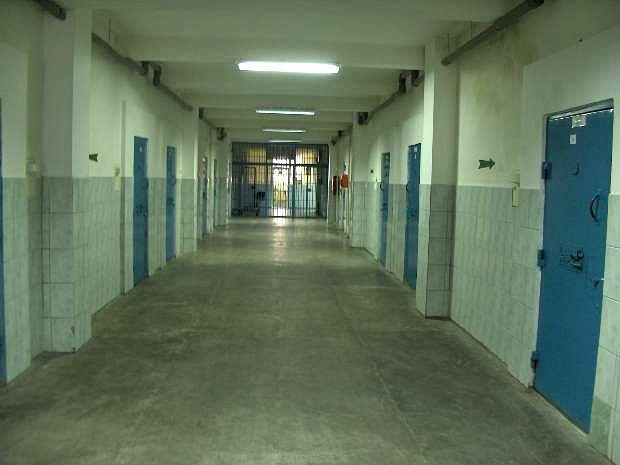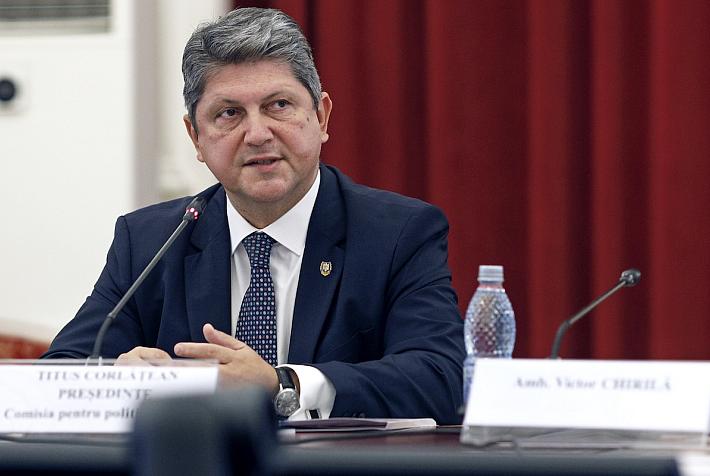Social-democrats want to include corruption sentences among those to be pardoned

A general pardon that Romania’s Parliament is currently discussing may also include convictions for corruption, although the ruling coalition made of the Social Democratic Party (PSD) and the Alliance of Liberals and Democrats (ALDE) initially said that the planned pardon would exclude such sentences.
An amendment proposed by social-democrat senator Serban Nicolae, the president of the Senate’s Judicial Committee also includes the people convicted for corruption among those who will benefit from the planned pardon, according to Hotnews.ro. The debate on the pardon law starts on Tuesday, March 7, in the Senate’s Judicial Committee.
The Government led by Sorin Grindeanu sent a draft law proposal to pardon several categories of inmates to the Parliament at the end of January, after street protests determined the cabinet to give up making the pardon via emergency ordinance as initially planned.
According to the Government’s proposal, the inmates with sentences under five years would have their convictions pardoned, except for those sent to jail for violent crimes and those jailed for corruption.
The draft bill has already seen some significant changes in the Parliament. According to the most recent draft presented by local Hotnews.ro, the sentences up to three years will be fully pardoned. The inmates with convictions up to seven years but who only have to serve less than three years will also be released. The inmates with sentences of up to seven year who still have over four years left will have three years taken from their convictions. Even the inmates with sentences of up to ten years will have fractions of their sentences removed, depending on how much they still have to serve.
The draft project maintains several exceptions so that violent criminals, sex offenders, drug traffickers, and other categories of dangerous criminals remain behind bars. However, corruption offenders will no longer be excluded from those who will benefit from the pardon, if Serban Nicolae’s proposals are included in the final law.
However, it remains to be seen if these amendments will be adopted or not and the final form of the pardon law may see more changes. Before coming into force, the pardon law needs to be voted by the Senate and the Chamber of Deputies. The President also has a say and can ask the Parliament to review it, if he finds some provisions in the law may generate negative effects. The Constitutional Court can also be notified, as a last resort, if the law includes provisions that can be considered unconstitutional.
editor@romania-insider.com











